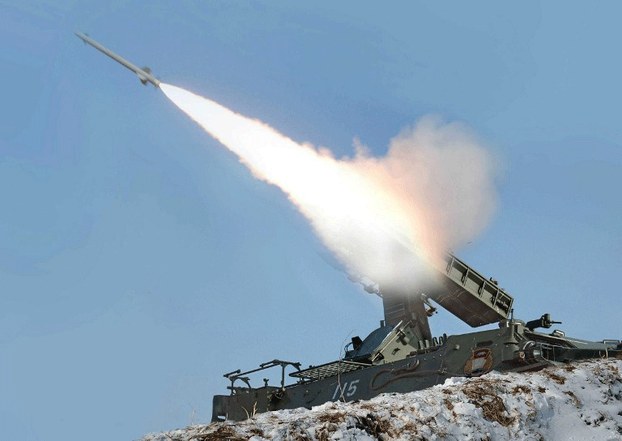




The recent agreement between the United States and Iran has raised a great deal of hope worldwide. Many have predictably come to expect that this deal, as well as President Obama’s decision to re-establish diplomatic relations with Cuba, will pave the way to solving a number of international conflicts, including the long-standing North Korean nuclear stalemate.
In essence, the Iranian government agreed to put its nuclear program under some international oversight. For the time being, it jettisoned its nuclear weapons acquisition plan in exchange for U.S. willingness to lift international sanctions. This model does, at first glance, look like a potential model to be applied to North Korea.
However, this is not the case. North Korea is very different from Iran, and is unlikely to fit in with such a plan.
The major difference is to be found in Iran’s political structure. Iran is clearly not a democracy in a strict sense, but it is still a country in which popular opinion actually matters. The Iranians can vote and their elections are generally free and fair, though participants have to act within certain established restrictions. There are competing political parties in Iran, and Iranians can protest against government policy at rallies, as well as creating political and social associations.
All this means that any political force in Iran, in order to maintain power, has to take into account popular sentiments. In the modern world, the surest way to win popular support is to deliver economic growth. Common people are not necessarily averse to nuclear weapons, but for the average man or woman on the street, economic growth is significantly more important than his/her country’s nuclear ambitions.
Nothing to gain for North Korea
Conversely, Iran has a lot to gain if sanctions are lifted. It is a major oil-producing country, and generally speaking, its economy is rather advanced and sophisticated by the standards of the Middle East.
This means that the Iranian government agreed to partially or completely sacrifice its nuclear ambitions on the fairly realistic assumption that this will be rewarded by a significant economic improvement that will in turn increase popular support.
Unfortunately, the situation in North Korea is very different. To start with, North Korea is not a country in which popular opinions have any real significance. The country is run by a small group of hereditary elites. This elite group would probably not mind if its people were better off, but its ability to hold on to power does not depend on popular support. North Koreans do not vote, or rather vote in elections where the sole candidate always wins 100% of all votes. No independent political organizations exist. The media’s only interest is in the alleged greatness of the current government and its current policies. Participation in anti-government rallies is suicidal.
The tiny scale of North Korea’s foreign trade has little to do with international sanctions. The reasons are much simpler: North Korea has almost nothing to sell on the international market. The few exports that it can produce are bought by countries that do not participate in sanctions anyway, above all China, and Russia to a much lesser extent. Thus, even if current restrictions were lifted, it would have little impact on the state of the North Korean economy.
On the other hand, it appears that North Korean decision makers are more afraid of a possible foreign attack than their Iranian peers. For Iran, nuclear weapons were necessary as a means by which to establish regional hegemony. For North Korea’s leadership, nuclear weapons were seen as a means to ensure their survival.
So for North Korea, the sticks are not sharp enough, the carrots are not sweet enough and it is therefore unlikely that they will follow Iran’s example. While we must welcome the Iranian compromise, we should not entertain the vain hope that such a compromise will exercise much influence over North Korea. One can expect that optimists will initiate more contacts with the North, but realists should remain sceptical about the outcome of such talks. Unfortunately, the North Korean nuclear stalemate is likely to continue for the time being.